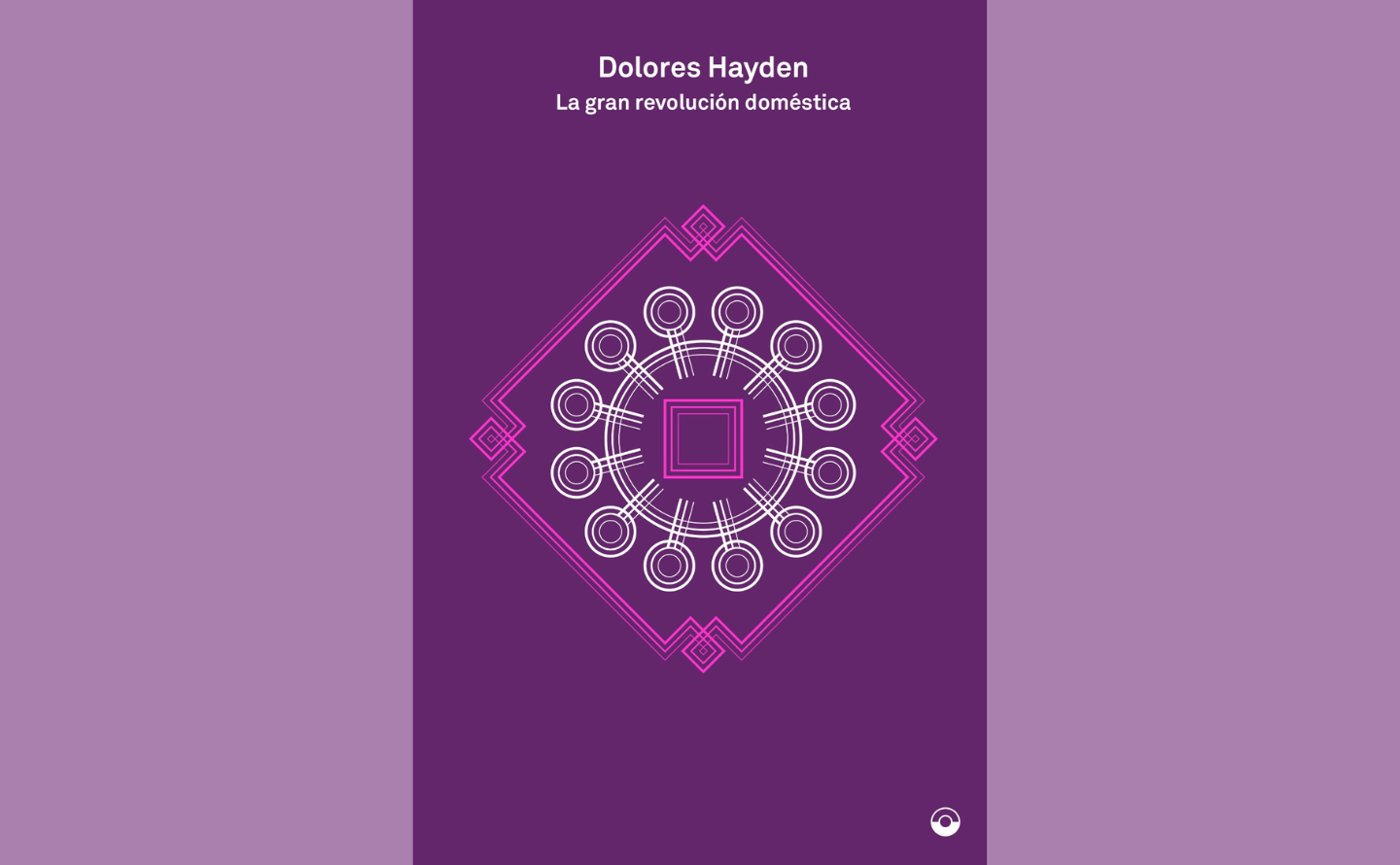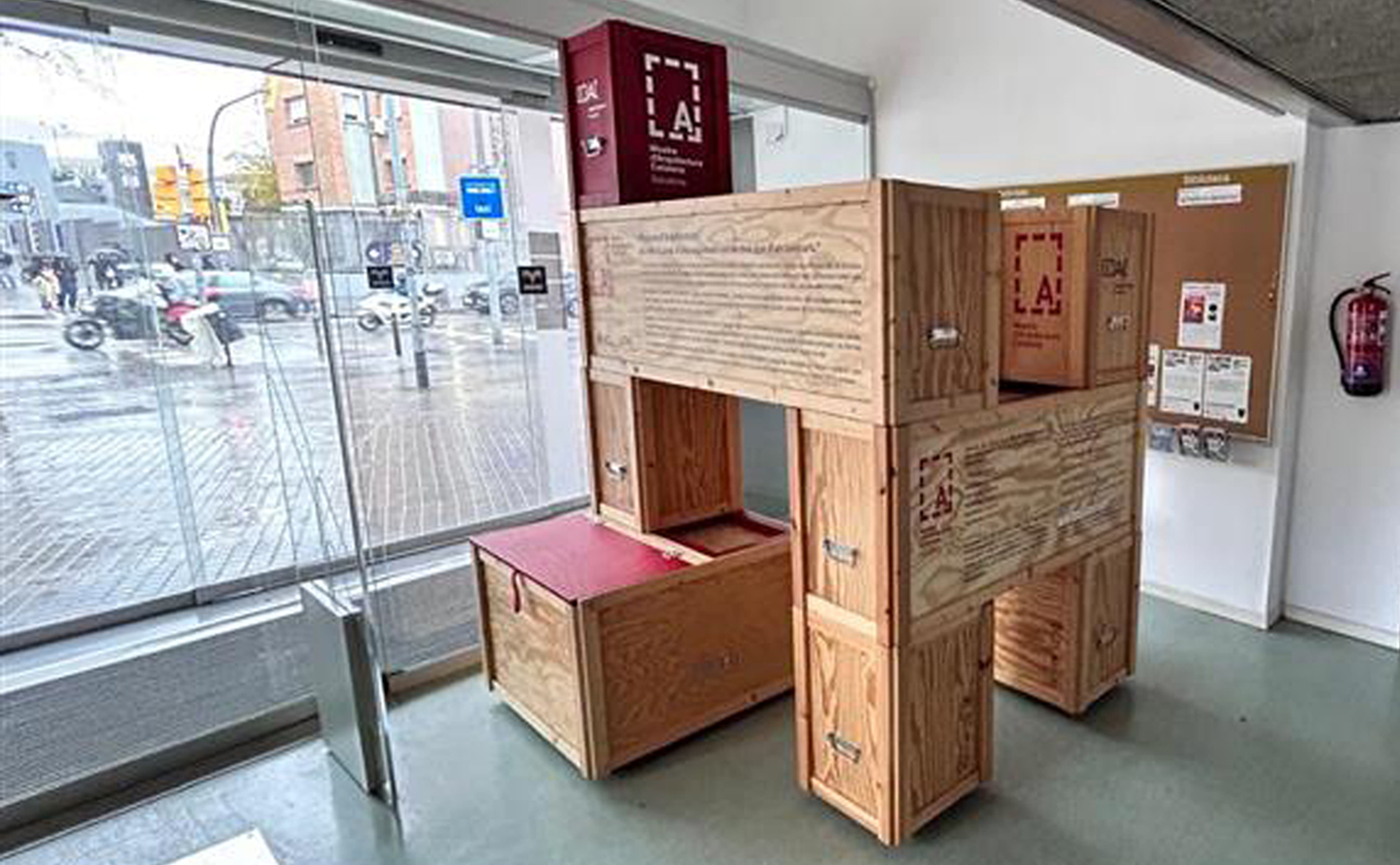This website uses cookies so that we can provide you with the best user experience possible. Cookie information is stored in your browser and performs functions such as recognising you when you return to our website and helping our team to understand which sections of the website you find most interesting and useful.
19:30
THE GRAND DOMESTIC REVOLUTION. DOLORES HAYDEN
More info
Organitza
Centre Obert d’Arquitectura
COAC
Lloc
Barcelona
Horari
A les 19.30 h
Preu
Free

Presentation of the book ‘The Grand Domestic Revolution’ by Dolores Hayden, which will soon be published by Puente editores.
The act will include the virtual participation of the writer herself, Dolores Hayden, as well as the presence of the architects Zaida Muxí and Anna Puigjaner.
“In the past few years, a great deal of studies on architecture and gender have been published, and the number of works devoted to female architects and the hardships in developing their profession due to the fact that they are women is on the rise. Long before all this, Dolores Hayden was one of the first academics to study an entire group of American feminists—such as Melusina Fay Peirce, Mary Livermore, and Charlotte Perkins Gilman—who campaigned against the isolation of women in the home and confinement to domestic life to consider it the fundamental cause of their unequal position in society”.
‘The Grand Domestic Revolution’, a book that has gone largely unnoticed in Spanish-speaking countries, is the origin for many of the subsequent studies of gender in architecture. It sheds much-needed light on the innovative plans and visionary strategies of these women, as well as on their ambitious goals to socialise housework and childcare. The book analyses the utopian and pragmatic sources of feminist programs for domestic reorganisation and how they intertwine with class, race, and gender conflicts, a story of a little-known intellectual tradition that challenges patriarchal notions of the “woman’s place” and “women’s work”. Hayden shows us how the political ideology of materialist feminists led them to design physical spaces to create housewives’ cooperatives, houses without kitchens, nurseries, public kitchens and community dining rooms.
Moisés Puente, editor


